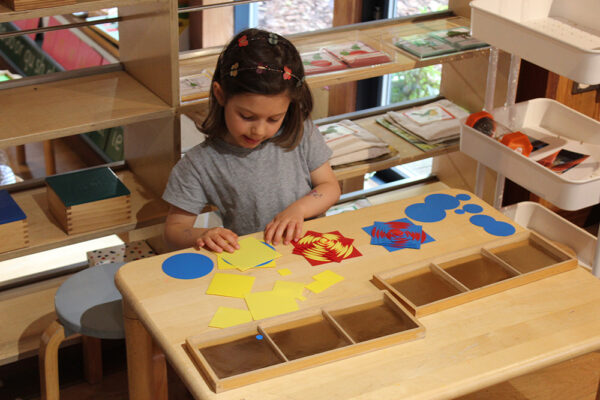
The Government announcing a significant expansion in school-based nursery places, raises urgent questions about whether schools—and teachers—are ready to meet the developmental needs of younger children.
Under the new plans, unveiled by Education Secretary Bridget Phillipson, from September the rollout of funded early education hours will be extended, offering working parents of children as young as nine months access to support. While the policy is a welcome move for families financially, in the early years sector we believe there needs to be a deeper look at the quality and suitability of provision within school settings.
Is the Training Sufficient?
At the heart of the debate is teacher preparation. Do the current Early Years Educator (EYE) and Early Years Teacher (EYT) qualifications place enough emphasis on foundational child development – particularly the developmental aspects that underpin successful early learning outcomes?
The curriculum needs to be built on what we know about how young children develop – and that’s not just literacy and numeracy. We need training that equips educators to support children’s social-emotional development, sensorimotor learning, executive function, as well as the fine and gross motor skills that form the foundation for lifelong learning.
Executive Function: The Hidden Key to Learning
Executive function; skills like working memory, flexible thinking, and self-regulation; is increasingly recognised by neuroscientists and educators as a critical component of preparation for learning and long-term success. These skills develop rapidly during the early years, but they require rich, movement-based environments and the kind of adult guidance that can only come from those specifically trained to understand how to observe and support development.
Without appropriate training, school-based nursery staff may prioritise more academic goals over these foundational capabilities, inadvertently widening achievement gaps later in schooling.
The Montessori Solution?
The inclusion of Montessori-trained educators within school nurseries could provide a solution. The Montessori method has long been praised for its child-led, developmentally aligned approach, which emphasises independence, self-regulation, and hands-on learning.
Montessori classrooms also tend to be mixed-age; something that research shows can foster peer learning and build social maturity. A mixed Reception and Nursery class, for example, can offer a calmer, more consistent environment for younger children entering school, allowing them to learn at their own pace within a community of learners.
The Body Builds the Brain
Another concern is the undervaluing of the contribution that motor skill development makes to early childhood education. Gross and fine motor skills – self-care, climbing, balancing, drawing, gardening, cooking, using tools – aren’t just physical milestones; they’re deeply connected to cognitive development. Movement plays a vital role in forming the neural connections that support focus, memory, problem-solving and emotional and cognitive self-regulation.
Montessori classrooms offer daily opportunities for such physical exploration, integrating movement and learning through activities like Practical Life exercises (care of oneself and one’s environment) and engagement in outdoor activities – something that can be overlooked in traditional classroom models constrained by scheduling and targets.
A Call for a Broader Vision
As the nursery expansion moves forward, there needs to be urgent investment not just in places, but in people. That means teacher training rooted in current developmental science, recruitment of staff with specialist knowledge, and the inclusion of proven pedagogical approaches like Montessori that align with how young children actually learn and develop. Without this, the concern is that the policy, while well-intentioned, risks prioritising quantity over quality. We have an opportunity here to rethink early education. But if we don’t get it right from the start, we are only storing up problems for later.












